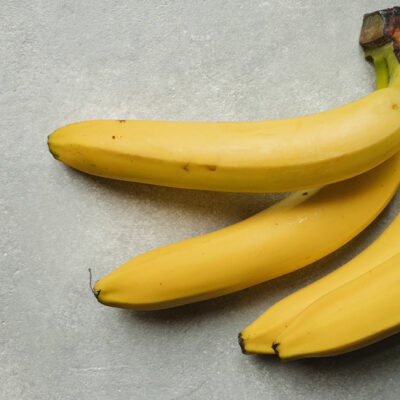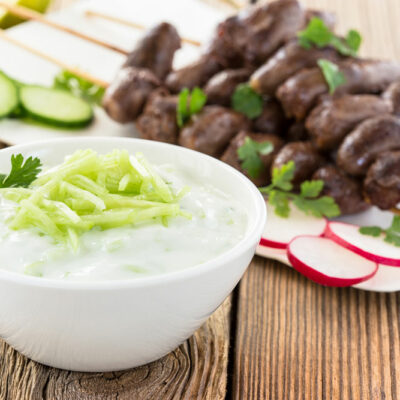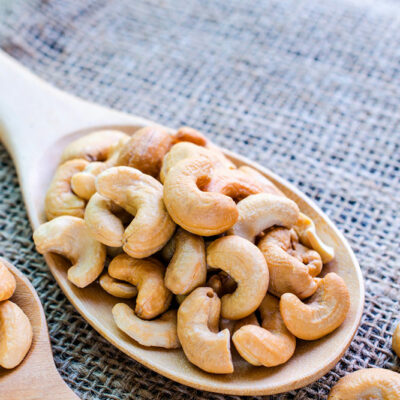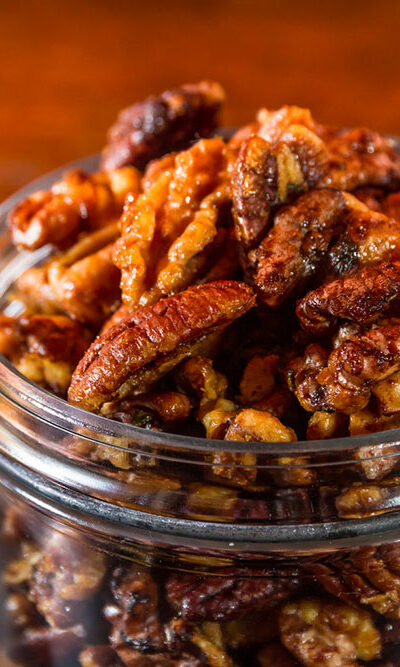
Diseases & Conditions
Hyperkalemia – Foods to avoid and management options
The nerves and muscle cells need potassium to function, and the mineral is also responsible for regulating nerves in the heart. However, when potassium levels in the blood exceed the normal range, i.e., 3.6–5.2 millimoles per liter (mmol/L), it can lead to a condition called hyperkalemia. This can cause severe health complications, including irregular heartbeat and even heart attack. However, hyperkalemia can be managed through treatment and changes in meal plans. Foods to avoid A high-potassium meal regimen or using excessive potassium supplements can contribute to the development of hyperkalemia. Excessive amounts of this mineral can result in numbness, tingling sensations, and digestive problems. So, one should avoid potassium-rich fruits like honeydew melon, oranges, bananas, and cantaloupe. Additionally, people affected by the condition should also limit high-potassium foods like apricots, mangoes, avocados, kiwis, breakfast cereals (with dried fruit), salt substitutes, milk and dairy products, chickpeas, and lentils. One should ensure that their potassium intake is limited to a maximum of 2,000 milligrams (mg) per day. A doctor can help develop a manageable meal plan to keep the potassium levels in check. Maintenance treatment options Various treatment options are recommended for different stages of hyperkalemia. If the potassium levels are not severe but still need to be lowered, doctors may recommend sodium bicarbonate to temporarily shift potassium into body cells.
Read More 










